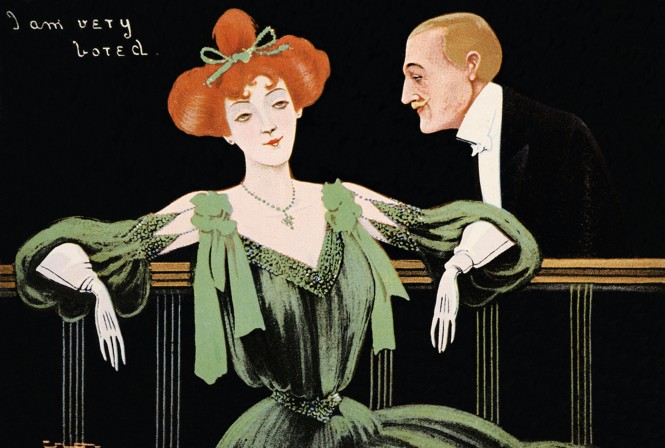This is an edition of The Wonder Reader, a newsletter in which our editors recommend a set of stories to spark your curiosity and fill you with delight. Sign up here to get it every Saturday morning.
Like most other humans I know, I’m still trying to remember how to act normal when socializing. At the first parties I went to after complete pandemic isolation, I talked too loudly; I spilled drinks; I asked questions that were either too personal or too boring; I stood with my arms outstretched and said, “Are we hugging? Yes? No?” As many of us have begun to socialize more regularly, it’s gotten easier. But a question continues to circulate among my friends: Were we always this awkward?
I’m not sure. Either way, performing a version of yourself in social settings can be tricky. Wherever you fall on the awkwardness scale, you’ve likely had a wince-worthy moment (or two, or 10). And awkwardness is one of those things other people notice easily: In 2017, the psychologist Ty Tashiro explained that awkward moments are born when a person’s behavior deviates just slightly from what is socially expected. “As humans, we’re so attuned to deviations from social expectations that if there are one or two things out of place, we’re really good at picking that up,” he told Olga Khazan. “It’s like stepping on a partner’s toe during a dance. You could get everything else right, but if you step on their toe once during a five-minute performance,” that’s hard to miss.
Today’s reading list offers the science behind what makes people awkward, tips for managing the holiday-party embarrassments that might lie ahead, and—perhaps most important—reasons to embrace the most graceless parts of yourself. Because, really, what else can we do?
It’s Awkward

Awkwardness, Why?
By Olga Khazan
The science behind the cringeworthy feeling–and how to overcome it

How to End a Conversation Without Making Up an Excuse
By Joe Pinsker
A certain notion of politeness requires pretending the ideal interaction would go on forever. That’s ridiculous.

The Personality Trait That Makes People Comfortable Around You
By Julie Beck
Why are some people so much easier to be around than others?
Still Curious?
- Jane Austen’s redemption of gawkiness: “The novelist had a soft spot for awkward talkers … which was an immense relief for me growing up as a shy person,” Rosa Inocencio Smith wrote in 2017.
- Are you sure you’re not guilty of the “Millennial pause”?: Kate Lindsay describes the awkwardness of using TikTok when you’re just a little too old for it.
Other Diversions
- Surprise! Snakes have clitorises.
- The woman who made online dating into a “science”
- Human history gets a rewrite. (From 2021)
P.S.
I’ll leave you with an interesting fact from Olga’s conversation with Ty Tashiro: He explained that although most people look into another person’s eyes when talking with them, people who are prone to awkwardness “tend to look at the chin or the ear first. Obviously, the chin and the ear areas aren’t very rich in emotion cues, so they miss out on information, and then that makes it hard to make an accurate read on what somebody else might be feeling,” he says.
This newsletter will be off for the next two weeks. I hope you enjoy the holiday season.
— Isabel
Stay connected with us on social media platform for instant update click here to join our Twitter, & Facebook
We are now on Telegram. Click here to join our channel (@TechiUpdate) and stay updated with the latest Technology headlines.
For all the latest For Top Stories News Click Here
